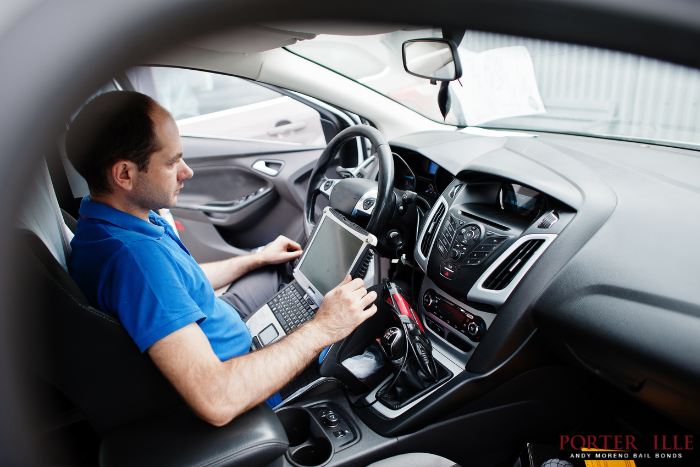
14 Nov What Happens If Your Car Fails a California Inspection
You aren’t allowed to own and operate any old junker on California’s public roads. The state fully expects you to keep your car in good repair and to make sure it’s not releasing any more air pollution than necessary. California can enforce this code by insisting that all registered vehicles routinely go through a vehicle safety inspection. The hope is that by making sure all vehicles pass the basic inspection, there will be fewer break-downs, fewer accidents, and less air pollution than there would be if drivers were allowed to drive anything they wanted
When you’re driving a newer vehicle, these inspections aren’t anything to worry about, but as your vehicle ages, you’ll find yourself worrying about what will happen if it fails the inspection.
The first thing to remember is that the California vehicle inspection isn’t an intense, bumper-to-bumper examination where the inspector makes note of every little potential issue your vehicle has. They are only looking at basic things that include:
✨ Obvious leaks
✨ Carbon emissions
✨ Fluid levels
✨ Mechanical integrity
One of the main reasons vehicles fails the inspection is because they no longer meet the state’s requirements regarding carbon emissions. If the vehicle’s sensors aren’t working or there is some problem with the exhaust system, the inspector will alert you to the issue. They won’t fix it. At this point, it’s up to you to get your vehicle to a good mechanic so they can address the problem and get your car street-legal again.
If you’re worried about your vehicle failing the carbon emissions portion of the inspection, you can take it to your favorite mechanic and have them test the vehicle and repair any issues before the inspection.
The good news is that if your older vehicle fails the carbon emissions test or if the inspector notices anything else that causes your car to fail the inspection, you don’t have to get rid of your car or park it in the garage until it’s fixed. The DMV gives you a full 90-days to correct the problem. As long as you get the issue dealt with and the vehicle passes its next inspection, you’ll have no trouble renewing your vehicle’s registration.
If the problem isn’t corrected in 90-days, the state doesn’t take your vehicle away, but they will refuse to register it, meaning it can’t be legally driven again until it receives a passing inspection.
